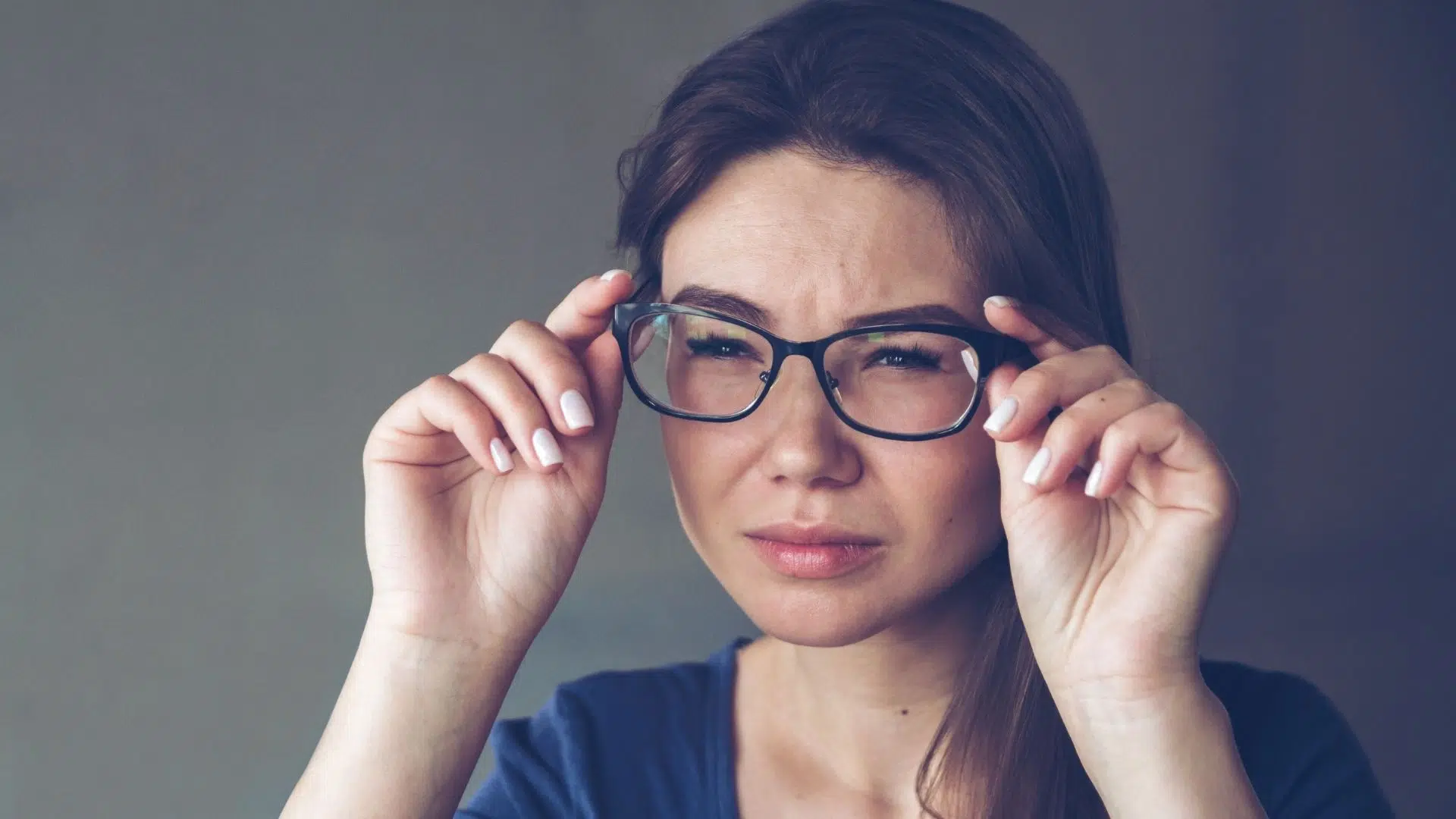Categories
Myopia. It’s an affliction near to my heart. It’s personal for me, because I too, was once a myope. I lived in the land of myopia — trudging and grumbling through the years — until a jet named LASIK flew me away to the paradisal garden of good vision. Maybe that all seems too dramatic to describe nearsightedness. If so, it probably means you aren’t nearsighted.
What Is Myopia Like?
It’s hard to describe myopia to someone who doesn’t have it. It’s not hard to define it: you can see up close, but you can’t see far away. It’s hard to describe having it. I remember it was unfathomable to me that a human eye was supposed to be able to see clearly beyond a few feet away. “How would it even be possible to read that sign? It’s 100 yards away. Of course, lenses are necessary to make an eye do something so unnatural.” It’s hard to imagine seeing everything clearly without glasses when you’ve never experienced it.
The reason most myopes don’t have a clear recollection of seeing clearly without glasses is that it usually strikes at a young age. While you are growing taller, your eyes are growing bigger. For some people (roughly a third of us), that causes myopia. Incidentally, I don’t know who started the myth that you are born with the same-sized eyes you’ll have as an adult, but they were clearly a hilarious genius. It sounds pretty believable. It is also incorrect. You’re born with eyes that are about 80% of the size they’ll be when you’re an adult.
If an image entering your eye is at maximum focus at some point in front of the retina, that makes you myopic. It’s colloquially called nearsightedness because you can still see clearly at near when this happens. That’s because as you bring an object closer to your eye, the point of maximum focus in your eye gets pushed in the same direction. Is Apple on a tree across the yard? The image is focused in front of the retina and it is blurry. Apple in your hand? The image has been pushed farther back into your eye and onto the retina, so it is clear.
What Causes Myopia?
Since we are born with tinier eyes than we’ll have as adults, there are very few nearsighted babies. If we think about what causes myopia — a focus point in front of the retina — then it makes sense that a tiny eye isn’t myopic. The retina at the back of the eye is closer to the front of the eye because it’s a smaller globe. So the image that would be focused too far in front of the retina as an adult isn’t a problem. The retina is in front of where it would be as an adult because the eye is small. The image gets focused just fine.
And then we grow. We grow taller and our eye grows longer. The retina moves farther away from the front of the eye and myopia develops. It’s the reason that almost everyone who is nearsighted develops the problem somewhere between kindergarten and graduation. Every millimeter longer the eye is it should add another -3.00 diopters to the prescription. So if your eye is just 1.5 mm longer than ideal, you’re a -4.50 prescription. In real-world terms, that would be defined as a “horrible vision.” That was my prescription before LASIK, so I speak from personal experience.
Why Do Some People Avoid It?
Well, they were born lucky and also with very short eyes. Babies are around a +6.00 diopter prescription if they are going to grow up to have perfect vision. Their eye gets longer, but it doesn’t matter because it just decreases their prescription to +4.00 diopters, then +2.00 diopters, and then all the way to zero. Plus prescriptions don’t matter if you’re young because you can bring them into focus easily and automatically. No such luck for their myopic minus prescription counterparts.
In conclusion, you can’t see far away because the images you look at can’t make it all the way to the back of your eye. The only stuff you can see is stuff that is close enough to make its image in your eye push farther back to your retina. While we myopes may not have had the good fortune to avoid glasses at a young age, we’ve enjoyed the stereotype of being studious and smart because of our glasses. My theory is that longer eyes must make you more intelligent. It’s open for debate whether that theory would have seemed sound when I still lived in the land of myopia.
